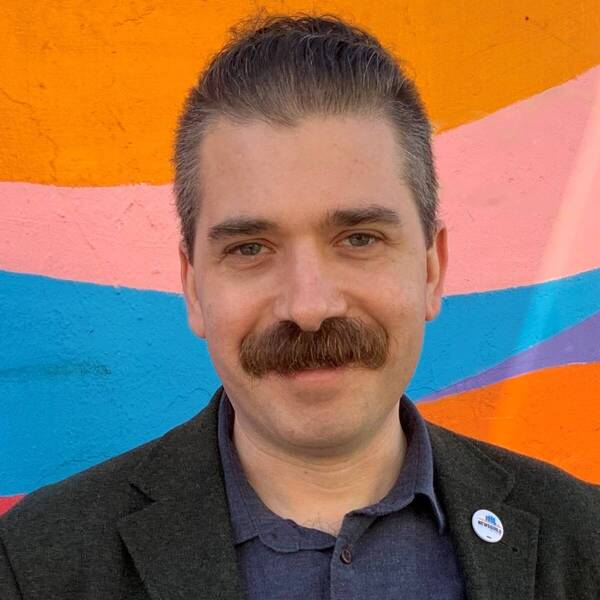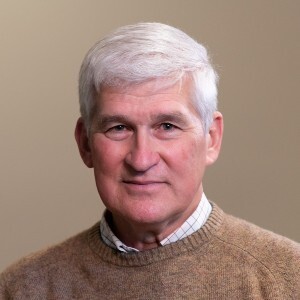Click here to watch the livestream broadcast »
This year marks the 20th anniversary of the United States invasion of Iraq, which led to more than 100,000 individuals dead, the destabilization of the Middle East, and long-term consequences for the U.S.
How do we understand this epochal moment in historical perspective? How do we connect what happened then to what’s happening now? Panelists will join experts and members of the Notre Dame community to discuss the aftermaths of war and peace, and provide a historical perspective for the invasion of Iraq.
A reception will follow the discussion.
This is the first of two events examining the history and legacy of the U.S. invasion of Iraq. Join us for Aftermaths II on Friday, March 31 »
Panelists:
-

Spencer Ackerman
Spencer Ackerman has been a national-security correspondent for outlets like The New Republic, WIRED, The Guardian, and The Daily Beast for nearly the entire War on Terror. He has reported from the frontlines of Afghanistan, Iraq, and Guantanamo Bay. He shared in the 2014 Pulitzer Prize for Public Service Journalism for Edward Snowden's NSA leaks to The Guardian, a series of stories that also yielded him other awards, including the Scripps Howard Foundation's 2014 Roy W. Howard Award for Public Service Reporting and the 2013 IRE medal for investigative reporting. Ackerman's WIRED series on Islamophobic counterterrorism training at the FBI won the 2012 online National Magazine Award for reporting. Ackerman's 2021 book, Reign of Terror: How The 9/11 Era Destabilized America and Produced Trump, won an American Book Award. He publishes the Forever Wars newsletter and lives in his native Brooklyn with his wife and children.
-

Andrew Bacevich
Andrew J. Bacevich Jr. is an American historian specializing in international relations, security studies, American foreign policy, and American diplomatic and military history. He is professor emeritus of international relations and history at the Boston University Frederick S. Pardee School of Global Studies, and a retired career officer in the Armor Branch of the United States Army, retiring with the rank of colonel. He is a former director of Boston University's Center for International Relations (from 1998 to 2005), and co-founder and president of the Quincy Institute for Responsible Statecraft.
-

Omar Dewachi
Omar Dewachi is an associate professor of medical anthropology at Rutgers University. He works at the intersections of global health, the history of medicine, and political anthropology. Dewachi's scholarship focuses on the human and environmental manifestations of decades of conflict and military interventions in Iraq and the broader Middle East. His first book, Ungovernable Life, chronicles the rise and fall of state medicine in Iraq and the role of medical doctors in infrastructure making (and unmaking) in the country, dating back from the British Mandate (1920-1932).
Jane Arraf, New York Times Baghdad bureau chief and former CNN Baghdad bureau reporter who covered the war, was scheduled to participate in this discussion. However, due to personal circumstances, she is unable to attend.
Watch the Livestream:
Originally published at forum2022.nd.edu.